This description was adapted from the article “Power Struggle Over a New America” at the History, Art, & Archives of the U.S. House of Representatives.
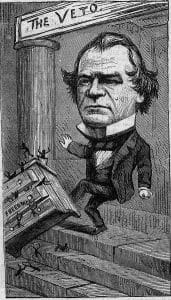
A Thomas Nast cartoon shows Johnson, under the banner of The Veto, rejecting a literal “bureau” of Freedmen.
In the wake of the Civil War and President Abraham Lincoln’s assassination, Democrat Andrew Johnson ascended to the presidency and entered a power struggle with Republican-led Congress.
Johnson’s Reconstruction vision diverged markedly from the conciliatory approach Lincoln outlined before his death and departed widely from that of Republicans in Congress. Congressional Republicans wanted to keep former Confederates from serving in the very government they had tried to destroy. But Johnson believed that without the participation of the southern states any actions taken by Congress would be illegitimate.
When the 39th Congress finally opened on December 4, 1865, the large Republican majority in the House immediately counteracted the President. Edward McPherson — Clerk of the House and longtime ally of Thaddeus Stevens — simply refused to read the names of Members-elect from former Confederate states during the opening roll call. None were sworn in.
The makeup of the 39th would be 38 Democrats, 136 Republicans, 13 Unconditional Unionists, 5 Unionists, 1 Independent Republican.
After the role call, Radical Republican Thaddeus Stevens opened the 39th Congress by introducing a resolution to create a Joint Committee on Reconstruction. His proposal empowered nine House Members and six Senators to investigate political and social conditions in the former Confederate states before considering their readmission to the Union.
The Republican-controlled Congress went on to push for a radical Reconstruction, with successes including a sweeping civil rights bill and the Fourteenth Amendment to the Constitution that redefined citizenship to include the millions of formerly enslaved men and women in the South.
Johnson pushed back with vetoes. Johnson vetoed nearly 30 bills during his tenure — all of which congressional Republicans interpreted as attempts to thwart the popular will. Congress overrode more than half of those vetoes.
The House impeached him in 1868 for violating the Tenure of Office Act, their own legislation passed a year earlier.
Learn more in the Zinn Education Project national report, “Erasing the Black Freedom Struggle: How State Standards Fail to Teach the Truth About Reconstruction,” and find teaching resources on Reconstruction below.

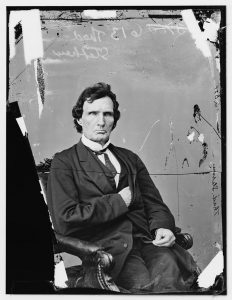
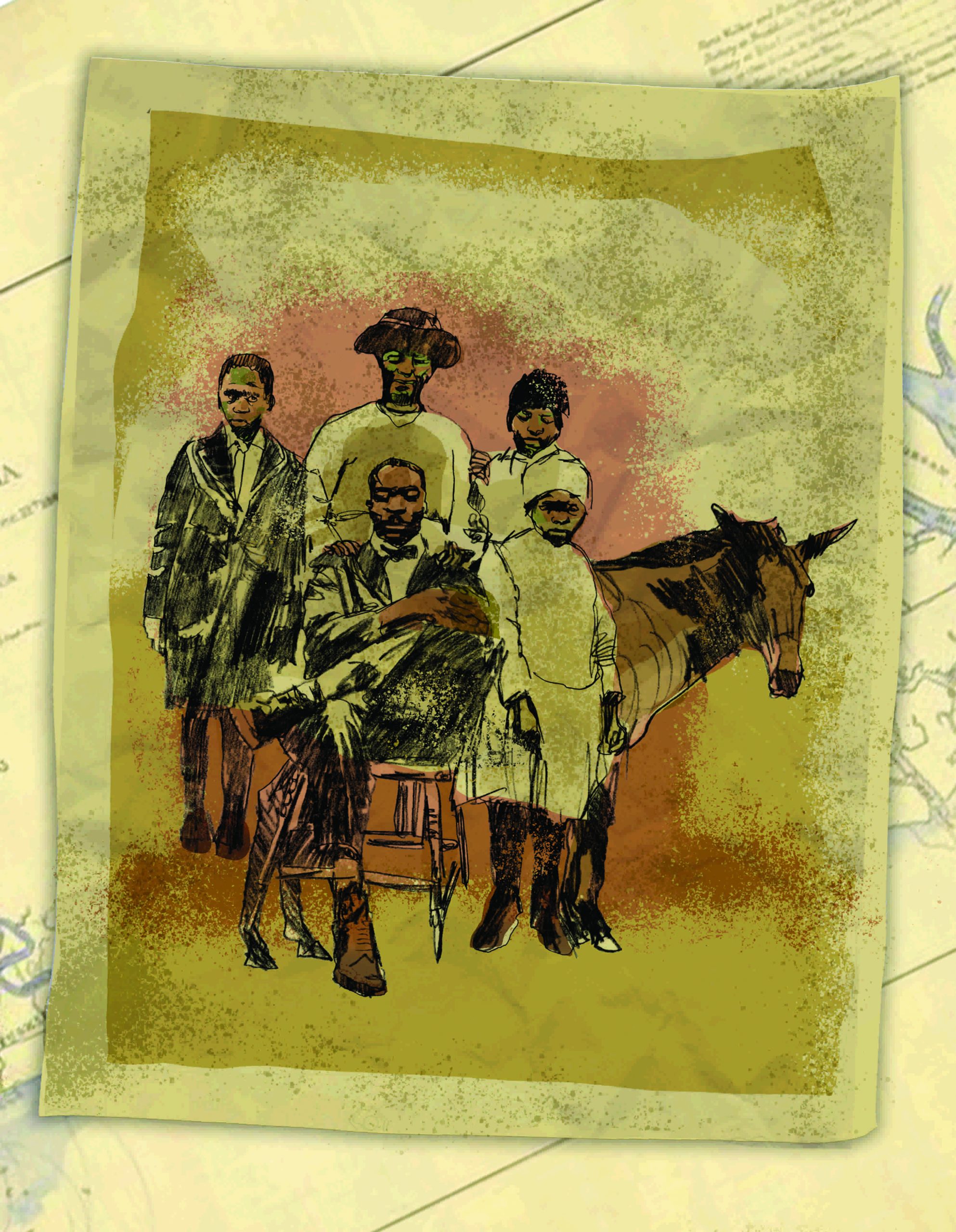
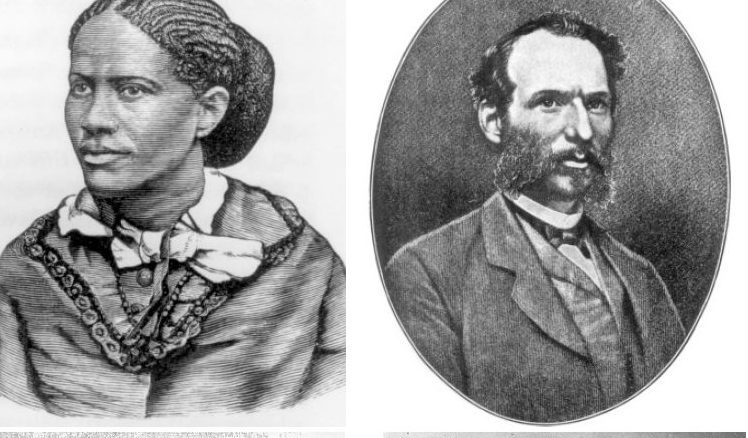
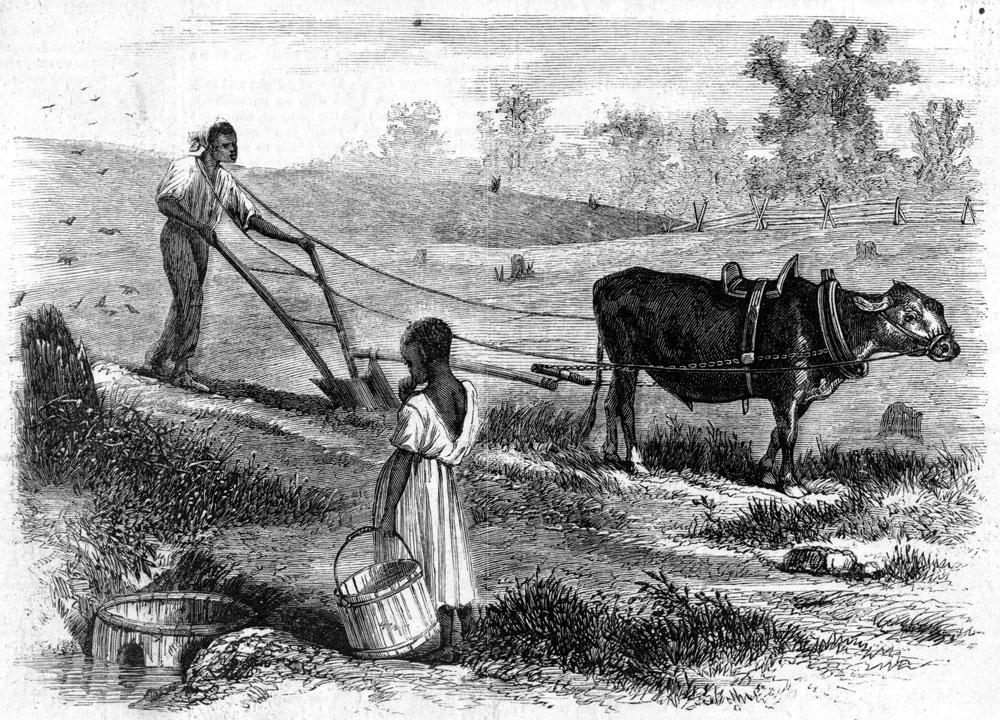


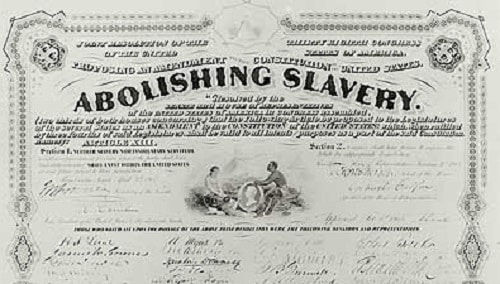
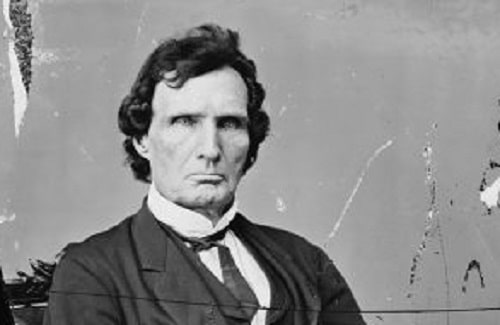
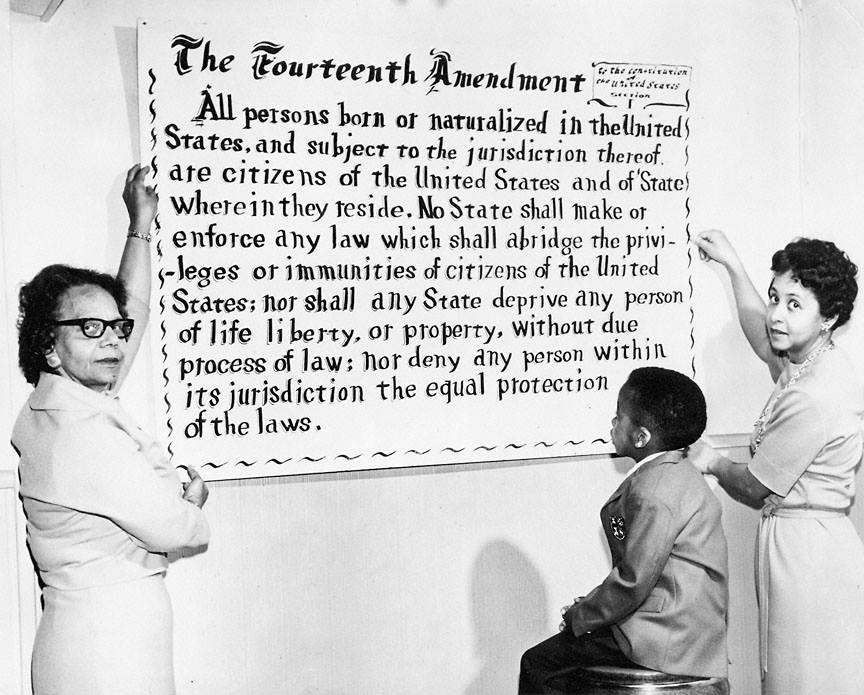





Twitter
Google plus
LinkedIn